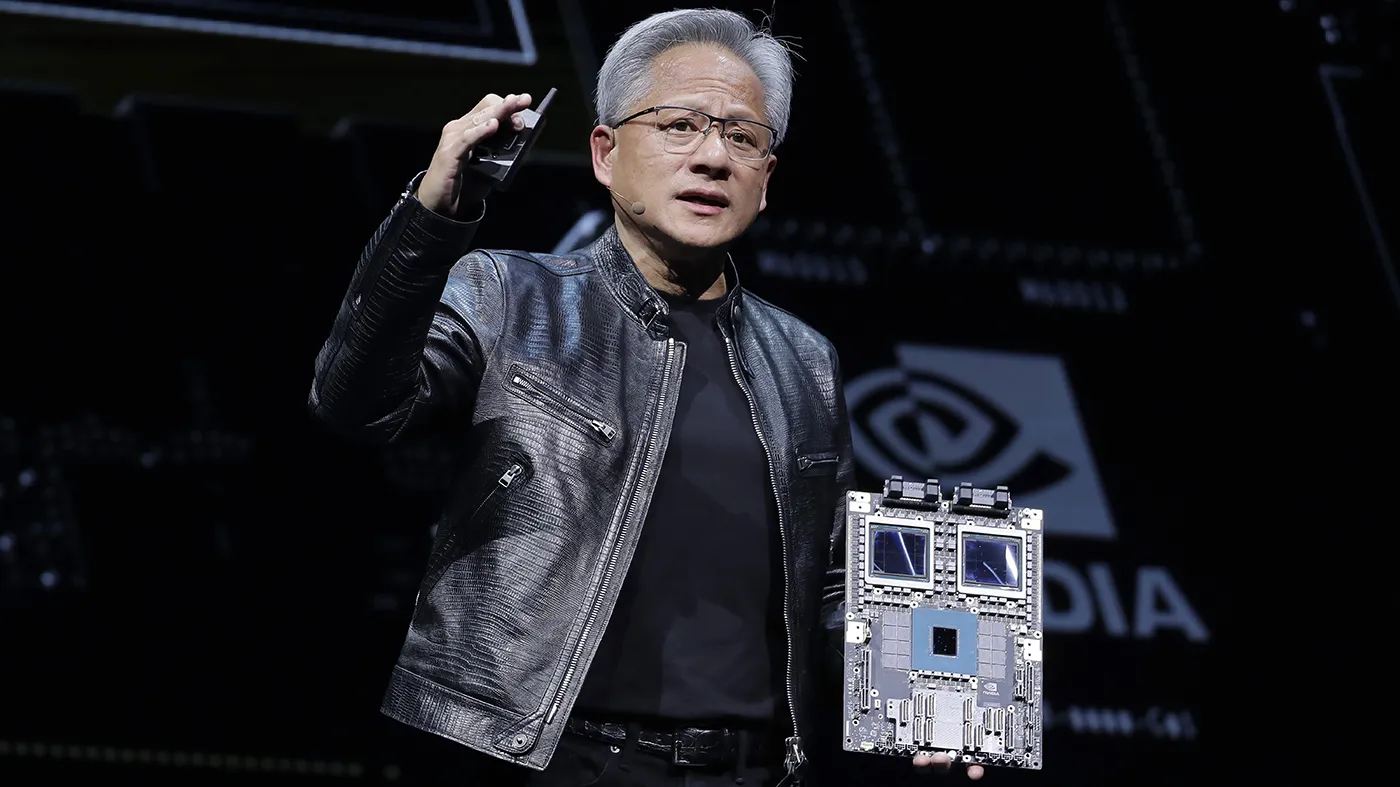Supreme Court Considers Nvidia's Challenge Against Securities Fraud Allegations

Context of the Challenge
The Supreme Court's involvement follows a lawsuit initiated by investors claiming that Nvidia's executives misrepresented the extent to which company revenue hinged on the volatile cryptocurrency market. Nvidia argues that the lower court’s decision should be reversed based on insufficient evidence from plaintiff Ohman J:or Fonder.
Judicial Perspectives
During oral arguments, several justices expressed skepticism about the necessity of the Supreme Court’s participation, questioning the clarity of the case’s merits. For instance, Justice Elena Kagan remarked, “It’s less and less clear why we took this case and why you should win it.”
Allegations and Market Impact
- Nvidia's stock fell by 28.5% following the announcement of missed revenue projections.
- The case stems from claims that Nvidia misled investors about its dependence on crypto mining for revenue.
- The court's decision may set a precedent for the requirements needed to proceed with securities fraud claims.
Nvidia's Defense
Nvidia maintains that allegations by Ohman do not meet the high standards set under the Private Securities Litigation Reform Act. The complexity of proving the executives’ awareness of misleading information and the timing of their knowledge will be critical aspects for the court to consider.
This legal scrutiny also follows a prior settlement where Nvidia paid $5.5 million to the SEC concerning undisclosed crypto-related revenues. The Supreme Court's determination could reshape future securities litigation and affect investor confidence across the market.
This article was prepared using information from open sources in accordance with the principles of Ethical Policy. The editorial team is not responsible for absolute accuracy, as it relies on data from the sources referenced.